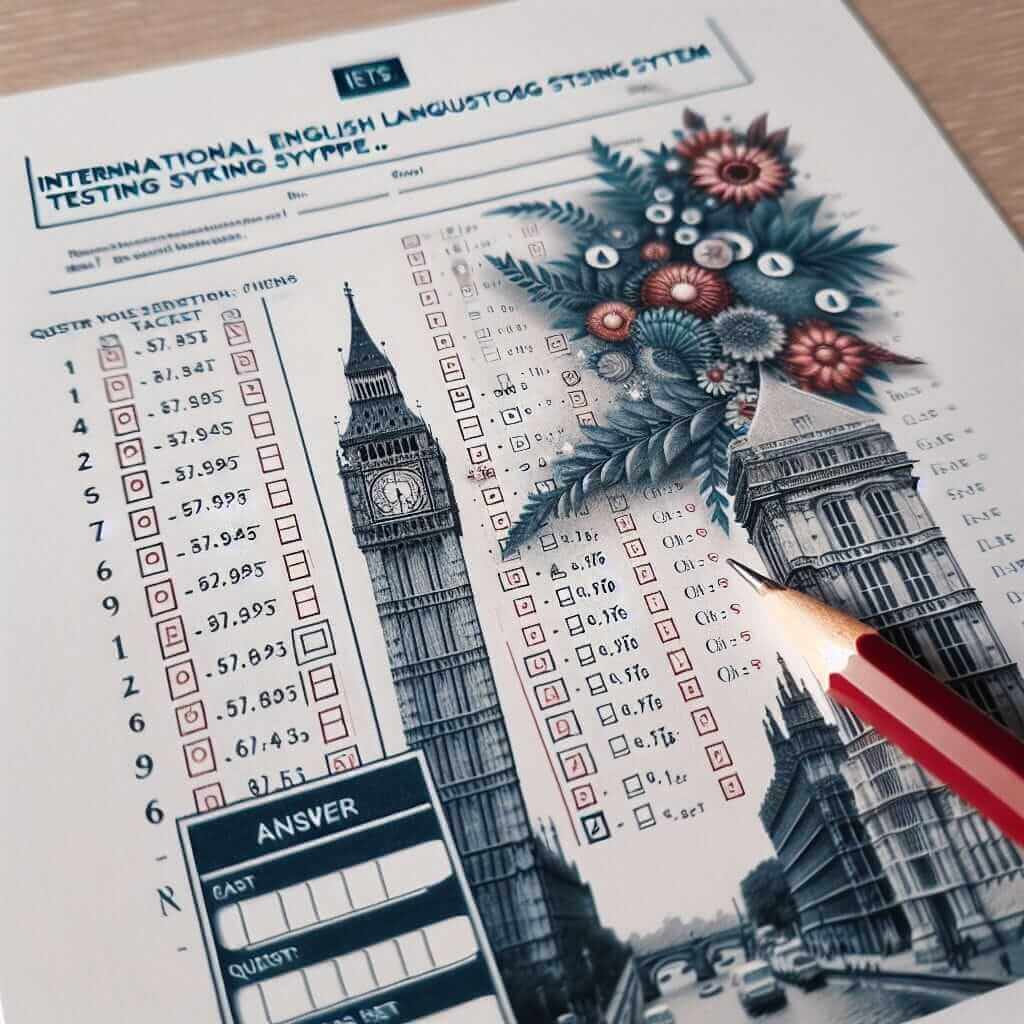Are you dreaming of studying, working, or settling in Canada? If so, you’ll likely need to prove your English language proficiency, and the IELTS (International English Language Testing System) is a popular choice. But what IELTS reading score do you need to succeed in Canada? Let’s dive in.
Understanding IELTS Reading and its Relevance to Canada
The IELTS Reading test assesses your ability to understand written English. In the context of Canada, a good IELTS reading score demonstrates to immigration authorities, universities, and employers that you can:
- Comprehend academic texts: Crucial for university or college studies.
- Understand work-related documents: Important for professional success.
- Navigate daily life: Reading signs, newspapers, and official documents is essential for integration.
IELTS Reading Band Score Requirements for Canada
There isn’t one magic number for your IELTS reading score. The requirement varies depending on your purpose for moving to Canada. Here are the common scenarios:
1. Express Entry (Federal Skilled Worker Program, Federal Skilled Trades Program, Canadian Experience Class)
- Minimum CLB (Canadian Language Benchmark) level: Usually CLB 7
- IELTS equivalent: This typically translates to a band score of at least 6.0 in each section (Reading, Writing, Listening, Speaking), including Reading.
Example: Imagine you’re an engineer applying for permanent residency through the Federal Skilled Worker Program. To be eligible, your IELTS score report might need to show:
- Listening: 6.5
- Reading: 6.0
- Writing: 6.0
- Speaking: 6.0
2. Universities and Colleges
- Requirements vary significantly: Check the specific program website.
- General range: Most undergraduate programs require an overall IELTS band score of 6.0-7.0, with a reading score of at least 6.0. Graduate programs often demand higher scores, potentially 6.5-7.5 overall, with a reading score of 6.5 or above.
Example: You’re applying to a Master’s program in Business Administration (MBA). The university website might state: “Applicants require an IELTS score of 7.0 overall, with no individual band score below 6.5.” This means you’d need at least a 6.5 in IELTS Reading.
3. Other Visa Categories (Work Permits, Spousal Sponsorship, etc.)
- Consult the official website of Immigration, Refugees and Citizenship Canada (IRCC): Requirements depend on the specific visa or program.

Common Mistakes and How to Avoid Them
- Not checking the specific requirements: Assuming a general band score is sufficient without verifying the exact requirements for your situation.
- Neglecting individual section scores: Focusing only on the overall band score and neglecting the individual band score requirement for Reading.
- Insufficient practice: IELTS Reading has unique question types and passages. Practice is essential for success.
Preparation Tips for IELTS Reading
- Familiarize yourself with the test format: Understand the types of passages and questions you’ll encounter.
- Practice time management: The Reading test is timed, so develop strategies to answer questions efficiently.
- Expand your vocabulary: A wide vocabulary is crucial for understanding diverse passages.
- Read regularly: Expose yourself to different writing styles by reading newspapers, magazines, journals, and books.
- Take practice tests: Simulate exam conditions to identify areas for improvement.
Conclusion
Achieving your desired IELTS reading band score for Canada requires careful planning, focused practice, and a clear understanding of the specific requirements for your situation. Remember to always consult official sources like the IRCC website and the admissions pages of your chosen institutions. With dedication and the right strategies, you can unlock the doors to your Canadian aspirations!